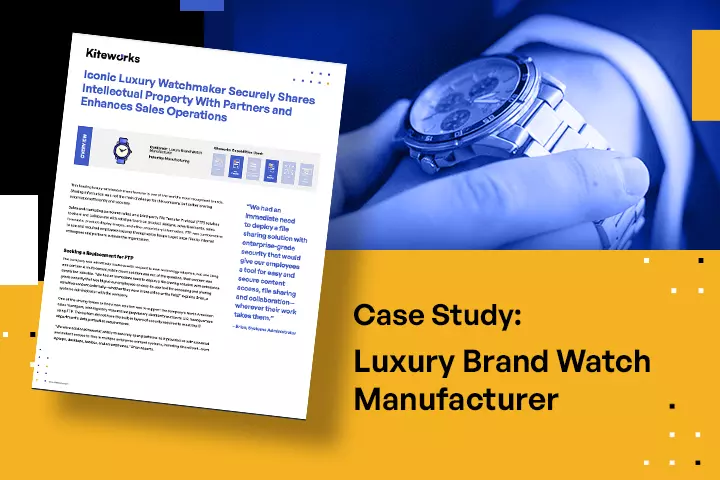Secure Email Communication
Sales teams often need to share sensitive data via email, which can be vulnerable to interception or compromise. This can lead to data breaches and loss of client trust. Kiteworks provides secure email capabilities, encrypting all communications and ensuring that sensitive information remains confidential.
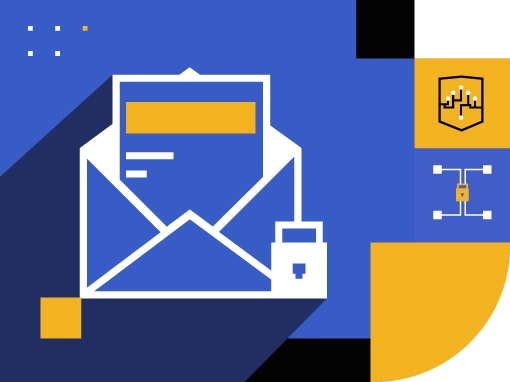
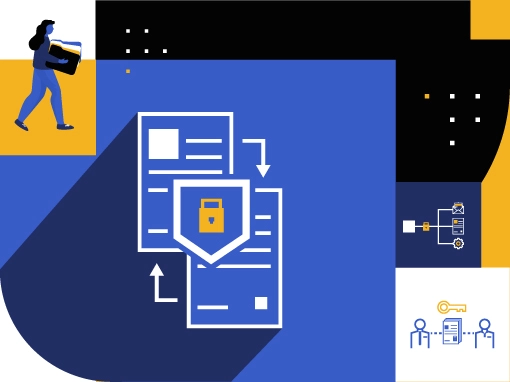
Secure File Sharing
Sales teams frequently share files with clients, but traditional methods can expose these files to unauthorized access. This can compromise the confidentiality of the data and negatively impact client relationships. Kiteworks offers secure file sharing capabilities, allowing sales teams to share files securely with clients, ensuring data protection.
Managed File Transfer
Sales teams often need to transfer large files, but traditional methods can be slow and unreliable. This can lead to delays in communication and potential loss of data. Kiteworks provides a managed file transfer solution, ensuring reliable and efficient transfer of large files, improving productivity.
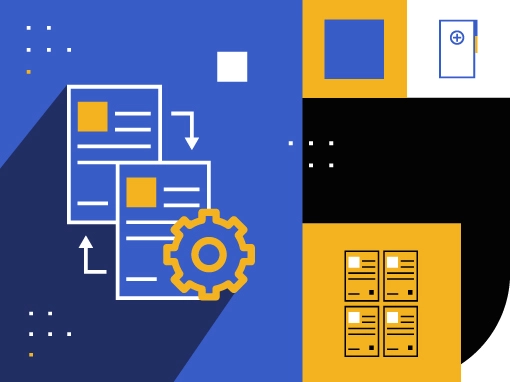

Secure Web Forms
Sales teams often collect sensitive information from clients via web forms, but these forms can be vulnerable to data breaches. This can lead to loss of sensitive client information and potential legal issues. Kiteworks offers secure web forms, ensuring that sensitive client information is collected securely and confidentially.
Secure Client Communication
Sales teams need to communicate securely with clients, but traditional methods can expose these communications to unauthorized access. This can compromise client trust and the confidentiality of the information shared. Kiteworks provides secure communication capabilities, allowing sales teams to communicate securely with clients, ensuring data protection.
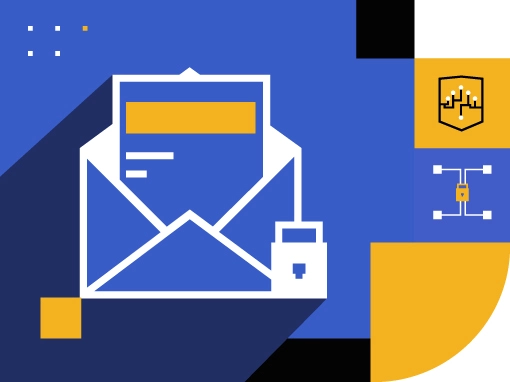
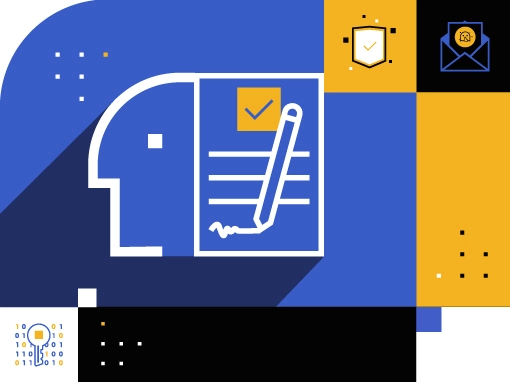
Secure Proposal Sharing
Sales teams often share proposals with clients, which can contain sensitive information. If these proposals are not shared securely, they can be accessed by unauthorized individuals, compromising client trust and business strategies. Kiteworks offers secure file sharing capabilities, allowing sales teams to share proposals securely with clients, ensuring data protection.
Secure Contract Transfer
Sales teams often need to transfer contracts, which can contain sensitive information. If these contracts are not transferred securely, they can be accessed by unauthorized individuals, leading to potential legal issues. Kiteworks provides a managed file transfer solution, ensuring secure and efficient transfer of contracts, improving productivity.
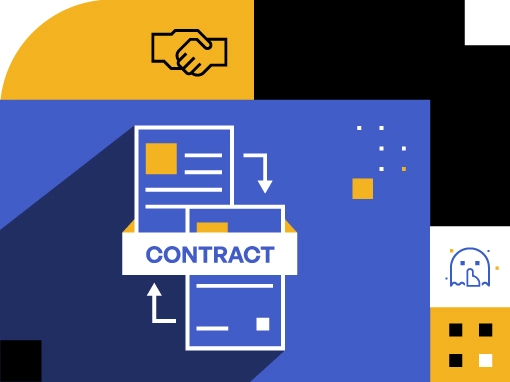
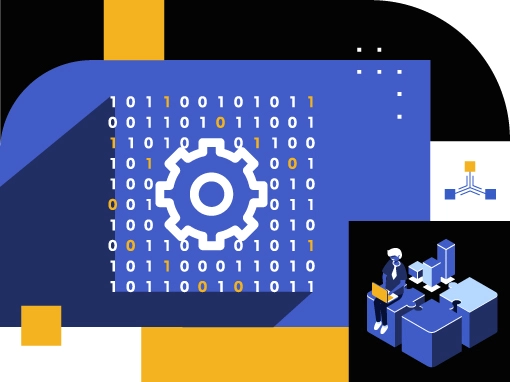
Secure Data Collection
Sales teams often collect sensitive data from clients, but traditional data collection methods can be insecure. This can lead to data breaches and loss of client trust. Kiteworks offers secure web forms, ensuring that sensitive client data is collected securely and confidentially.
Secure Sales Reporting
Sales teams often share sales reports, which can contain sensitive information. If these reports are not shared securely, they can be accessed by unauthorized individuals, compromising business strategies.Kiteworks provides secure email capabilities, allowing sales teams to share sales reports securely, ensuring data protection.

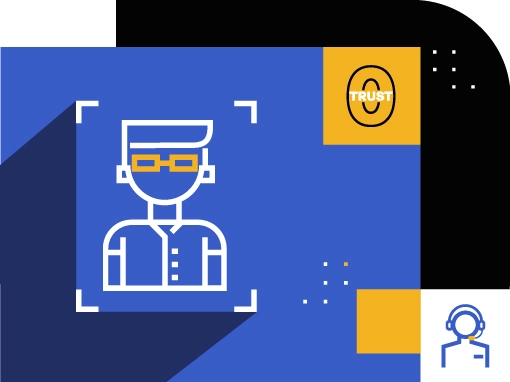
Secure Client Onboarding
Sales teams often share sensitive onboarding information with new clients. If this information is not shared securely, it can be accessed by unauthorized individuals, compromising client trust and confidentiality. Kiteworks offers secure file sharing capabilities, allowing sales teams to share onboarding information securely with new clients, ensuring data protection.
Secure Sales Forecasting
Sales teams often share sales forecasts, which can contain sensitive information. If these forecasts are not shared securely, they can be accessed by unauthorized individuals, compromising business strategies. Kiteworks provides secure email capabilities, allowing sales teams to share sales forecasts securely, ensuring data protection.

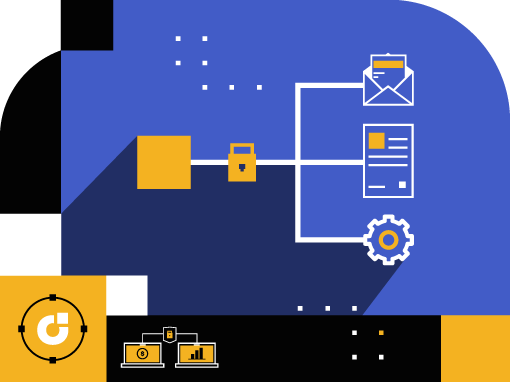
Secure Client Data Transfer
Sales teams often need to transfer sensitive client data, but traditional data transfer methods can be insecure. This can lead to data breaches and loss of client trust. Kiteworks provides a managed file transfer solution, ensuring secure and efficient transfer of client data, improving productivity.
Secure Client Feedback Collection
Sales teams often collect feedback from clients, which can contain sensitive information. If this feedback is not collected securely, it can be accessed by unauthorized individuals, compromising client trust and confidentiality. Kiteworks offers secure web forms, ensuring that client feedback is collected securely and confidentially.


Secure Sales Training
Sales teams often share training materials, which can contain sensitive information. If these materials are not shared securely, they can be accessed by unauthorized individuals, compromising business strategies and training effectiveness. Kiteworks offers secure file sharing capabilities, allowing sales teams to share training materials securely, ensuring data protection.
Secure Sales Strategy Sharing
Sales teams often share sales strategies, which can contain sensitive information. If these strategies are not shared securely, they can be accessed by unauthorized individuals, compromising business strategies. Kiteworks provides secure email capabilities, allowing sales teams to share sales strategies securely, ensuring data protection.
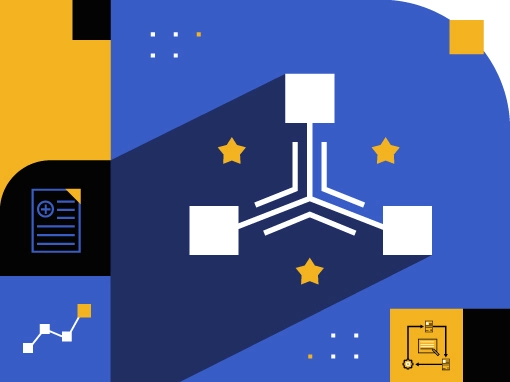
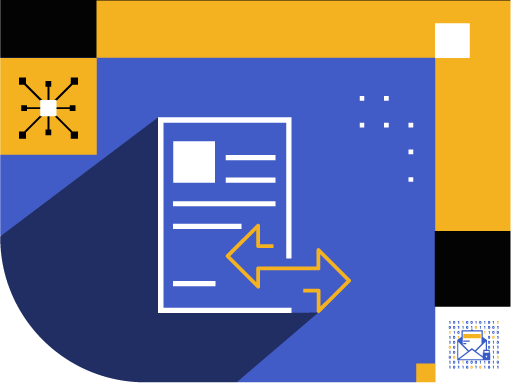
Secure Client Information Transfer
Sales teams often need to transfer sensitive client information, but traditional data transfer methods can be insecure. This can lead to data breaches and loss of client trust. Kiteworks provides a managed file transfer solution, ensuring secure and efficient transfer of client information, improving productivity.
Frequently Asked Questions
Sales leaders can protect proposals and contracts and the sensitive information they contain by using secure file sharing solutions that utilize encryption for documents in transit and at rest and require multi-factor authentication (MFA). With multi-factor authentication, sales organizations can ensure that any documents shared are password-protected and that users are authenticated before downloading or viewing documents. Additionally, a secure file sharing solution should have a tracking capability that provides a record of when a document is sent to a customer and when the file was downloaded. The secure file sharing solution should also be able to generate audit logs that show who on the sales team sent a specific file to which customer, and when. Audit logs help sales organizations demonstrate regulatory compliance with a variety of different data privacy laws and standards.
Sales organizations must comply with a range of regulations, including consumer protection and privacy regulations, such as the Health Insurance Portability and Accountability Act (HIPAA), the Gramm-Leach-Bliley Act (GLBA), and the International Traffic in Arms Regulations (ITAR). Regional or national data privacy regulations like the General Data Protection Regulation (GDPR), the California Consumer Privacy Act (CCPA), and the Personal Information Protection and Electronic Documents Act (PIPEDA) must also be taken into account and sales teams need to stay up to date with any changes.
When hosting product demonstrations or meetings over a web conferencing application, sales representatives should use secure networks and require attendees to authenticate their identity with an identity access management (IAM) tool. Additionally, any shared devices or equipment should be secured with passwords, and any documents shared should be password-protected and safeguarded with encryption. For in-person meetings, sales representatives should also ensure that any sensitive data can be remotely wiped or destroyed in the event of a lost or stolen laptop, tablet, or other handheld device containing proprietary information.
In order to ensure regulatory compliance when managing customer contracts, sales organizations should create and adhere to a customer contract management process that defines the rules and procedures for how customer contracts are created, shared, maintained, amended, archived, and destroyed. This process should take into account all applicable data privacy regulations and should be regularly monitored to ensure that sales personnel adhere to the process and standards set out in the policy.
As sales proposals and contracts frequently contain sensitive information like configuration settings, custom pricing, security questionnaires, and other proprietary data, sales organizations should encrypt these documents. TLS 1.2 encryption for emails and files in transit and AES 256 encryption for data at rest are considered the strongest forms of encryption. Encrypting these documents protects them from unauthorized access by attackers or even competitors.
FEATURED RESOURCES
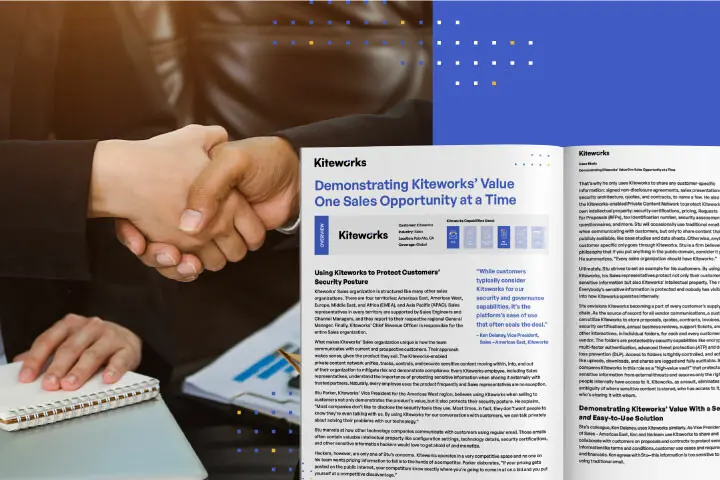
Demonstrating Kiteworks’ Value One Sales Opportunity at a Time
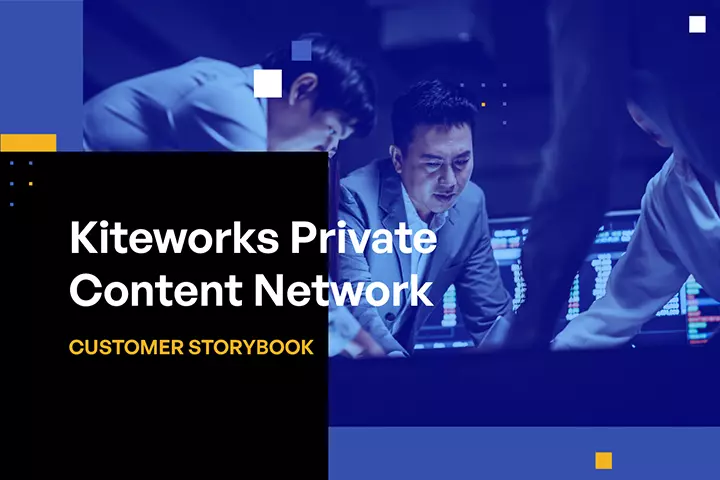
Customer Use Cases: Kiteworks Private Content Network Innovations
